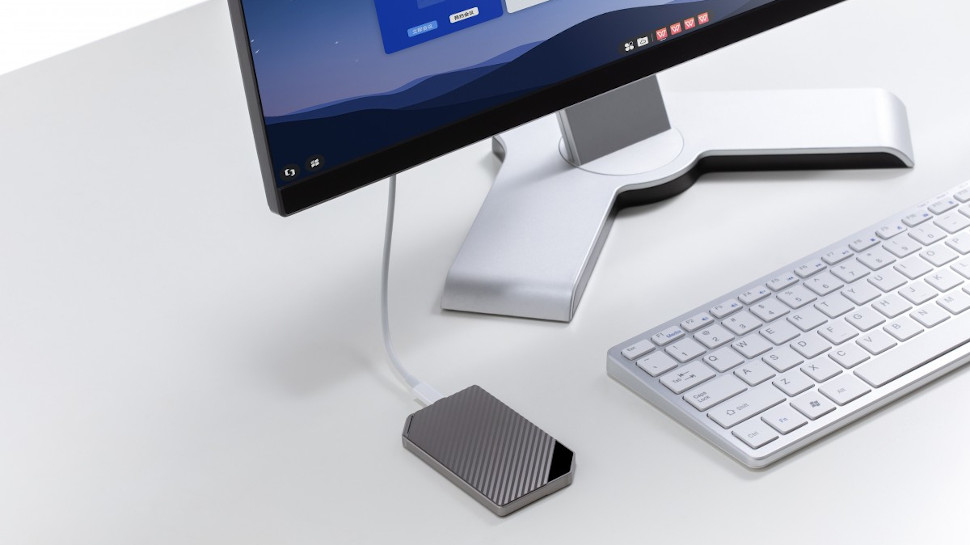This palm-sized PC from China could represent the future of computing
Alibaba Cloud, China’s answer to Amazon’s AWS, delivers a surprise

Having already branched out into web hosting and cloud storage, Alibaba Cloud has unveiled a palm-sized personal computer called Wuying.
Launched at the annual Aspara Conference, the device weighs only 60g and piggybacks on Alibaba Cloud backend, offering “high-performance computing”. In other words, it's a thin client with a different form factor.
We don’t yet know what’s inside, but it is likely to be an ARM-based system-on-chip with some memory and storage, not unlike what's inside an average smartphone. It will be available to enterprise customers and potentially end users too.
- Here's our list of the best workstations available
- We've built a list of the best cloud computing services right now
- Check out our list of the best business laptops around
“In the 2K resolution environment, data latency can be reduced to within 70ms, reaching the lowest level in the industry. In the cloud environment, a single instance can offer up to 104 virtual CPU and 1.5TB virtual memory," Alibaba said in a statement to TechRadar Pro.
"The edge [Wujing] is not battery-powered, but powered by USB-C connection. The cloud computer can be connected to displays via USB-C, and connect to the network via Wi-Fi. It will be only available in the China market at the moment.”
We don’t know what sort of CPU will be included in the package; the only metrics Alibaba provided was that they managed to cut the rendering time for one high resolution frame by 90%.
Crucially, though, you will be able to access Windows and “licensed apps and programs”, which may mean heavyweights like Microsoft 365 and Adobe Photoshop - so more desktop-as-a-service than just remote desktop.
Are you a pro? Subscribe to our newsletter
Sign up to the TechRadar Pro newsletter to get all the top news, opinion, features and guidance your business needs to succeed!
- Here's our list of the best business computers around

Désiré has been musing and writing about technology during a career spanning four decades. He dabbled in website builders and web hosting when DHTML and frames were in vogue and started narrating about the impact of technology on society just before the start of the Y2K hysteria at the turn of the last millennium.